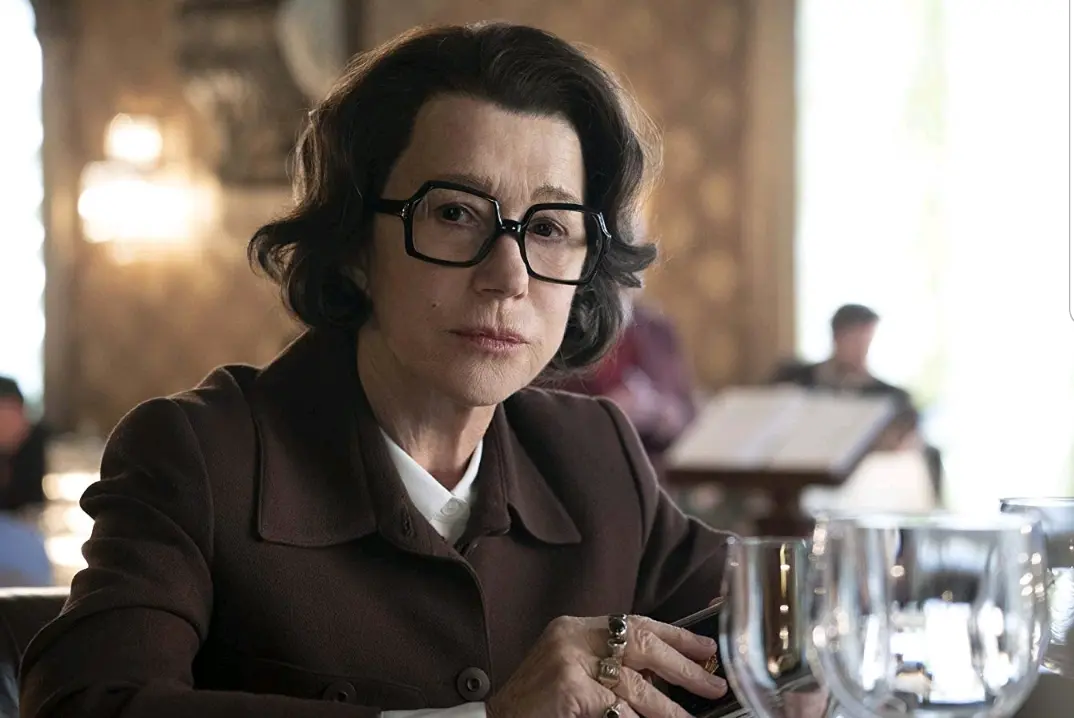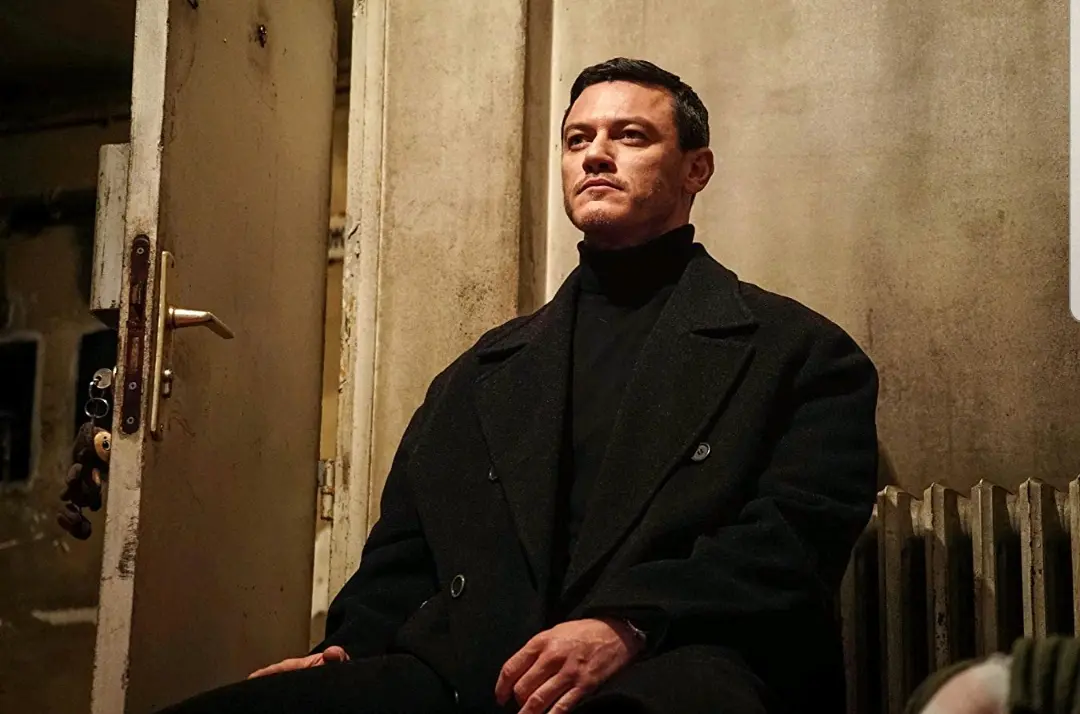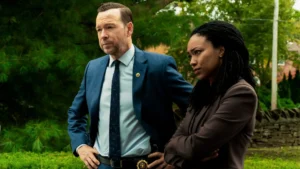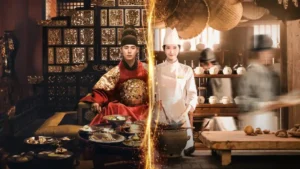Summary
While Luss holds her own as Anna, Besson’s new film is an overly smug repackaging of his most acclaimed work, La Femme Nikita.
Luc Besson put his stamp on the feminist action film nearly 30 years ago with the classic, La Femme Nikita, a French film that was France’s answer to Sigourney Weaver’s character Ripley in Alien. In the late ’90s, he began his infatuation with Mila Jovovich (even marrying her) with The Fifth Element, in what could be considered a soft-porn version of Star Wars and then the dual commercial, critical failure two-years later in The Messenger: The Story of Joan of Arc (in which they then divorced). He tapped into the hidden capabilities of the human brain right before the #MeToo movement with Scarlett Johannsson in Lucy, that was well received. Even Natalie Portman and Michele Phifer managed to kick some serious ass in his The Professional and The Family, respectively. His latest, Anna, attempts to be an updated version, that’s practically a reimagining of the premise of his most famed work, in an attempt to remain relevant (even though it seems highly questionable in the #MeToo movement era that a man with so many previous allegations against him would be the foremost experienced hand in female action heroines).
The set-up is just like Nikita: Anna (played by Fashion Model and actress Sasha Luss) is involved in an abusive relationship that will lead to her impending imprisonment, but is given a reprieve by a secret Russian KGB agent named Alex (Beauty and the Beast‘s Luke Evans), who has been watching her and happens to make his move for her services right after she will surely be arrested for being involved in the murder of a police officer. Turns out, she would rather kill herself than be controlled by anyone. Alex convinces her to give the famed Russian agency just one chance by believing in herself — kind of a Siberian Uncle “Cam” recruiter if you will. There, Anna meets her future mentor and the number two at the Committee for State Security, Olga, played by Helen Mirren, who is nearly unrecognizable here except for the fact that she looks like a cross between veteran actress Linda Hunt and “E” from The Incredibles (I always thought Brad Bird pictured Ms. Hunt for Edna anyway). Meanwhile, a government yuppie named Leonard Miller (Peaky Blinders Cillian Murphy) is hot on her tail, in more ways than one.

Anna, honestly, is gripping for the first 40 minutes or so, with a gloriously choreographed action sequence that is easily the best scene of the film. The scene has Luss and her spy/fashion model character taking on an entire restaurant full of bodyguards with ease, so much so it had me thinking if only there was a Tinder for Assassins, John Wick would certainly swipe right. Luss, who only has one acting credit to her name in Besson’s Valerian and the City of a Thousand Planets, surprisingly holds her own throughout the film — it’s not just action sequences, but also in quieter scenes that don’t necessarily require her having to pull a Twisted Bliss off a chandelier. The other actors are doing just fine, with Evans’ and Murphy’s characters seeming to be waiting around for Anna to choose one of them, while quietly, Mirren’s Olga is clearly the most interesting character in the film who you could easily picture being placed in Tinker Tailor Soldier Spy; the film should have dedicated more screen time to her.
The failures of Anna are too much to overcome though, and unfortunately do the film in. One is the way the film is in love with what it thinks is a very clever script, and at times it is. Besson likes to play with this film’s timeline, though they come across as the sequences reveal subtle differences, but not perception-changing plot twists. The results are overplayed, kill time, and are the visual equivalent of terribly-written dialogue when characters just repeat the same line to each other. Now, don’t get me wrong, some are well timed and effective, but Besson goes back to the well a handful too many times, which takes away any headway the film made previously. The repetitive nature of the scenes also suggests that he doesn’t trust his audience, slowly spoon-feeding the viewer as if they were worried someone might accuse the filmmakers of writing a convoluted plot. If there were two or three fewer twists in the film, it would have made for a much stronger cat and mouse spy thriller.

If you are not asking much from Hollywood nowadays, Anna can be, at times, exciting, while asking you to overlook holes in the plot or explanations the script needed to clear up. For instance, in last year’s Red Sparrow, Jennifer Lawrence plays a beautiful blonde Russian assassin and spy, but her face isn’t plastered all over the world in commercials of fashion magazines like Lucas is here. It’s as if the film is asking the viewer to believe in a 100 or so kills Anna has, where she never has anything covering her face, where in a digital world hiding in plain sight seems like a thing of the past. Then, speaking of technology, why do Russians in spy thrillers use intelligence-gathering equipment from the ’50s while when you walk into a CIA office, it looks like a brand-new Apple store?
Now, I sometimes feel like a hypocrite for enjoying aspects of a film, but ultimately giving one an overall negative review. The fact of the matter is, when you watch so many films a year, you start to notice the same mistakes repeated over and over, the same in any profession, job, or hobby that comes with experience. If you are a casual film fan or enjoy action-spy films, I can see someone enjoying Besson’s latest. The reality is that there is really no way to gauge that, so, you have to tell the truth. While I found positive aspects of Anna, the film needed about twenty more minutes of tighter editing, needed to focus more on the relationship between Anna and Olga, that gave way to an almost Russian Bachelorette love triangle, if you will, between the two government agents. The result is an overly smug reimagining of Besson’s Nikita, that seems to be a repackaged attempt to stay relevant.



